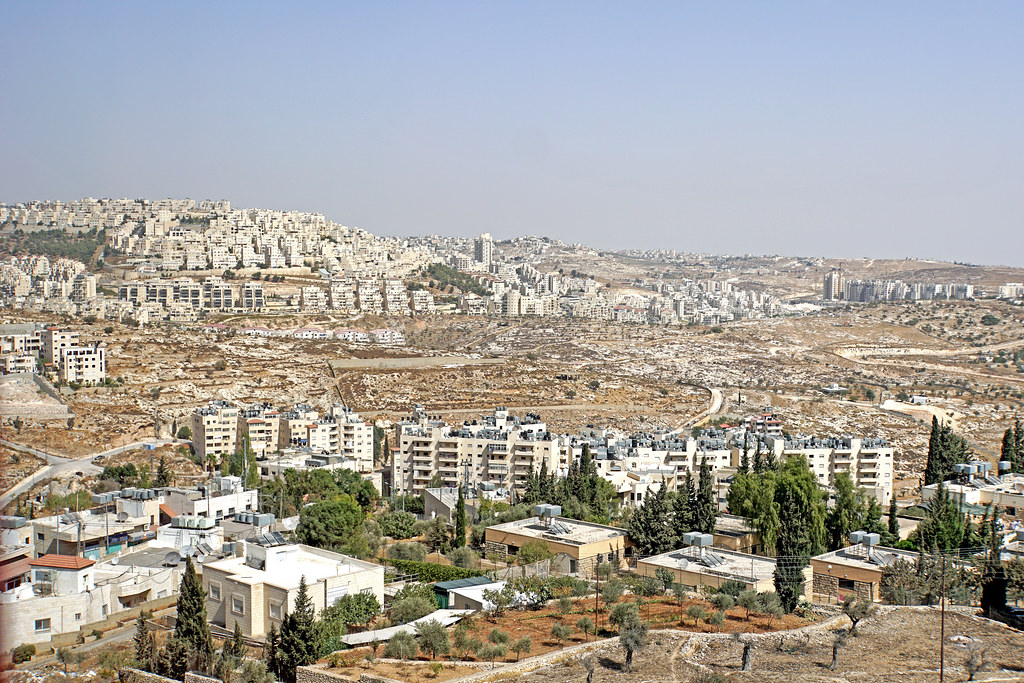Key Takeaways
– Over two thousand settler attacks on Palestinians since October twenty twenty three
– More than one thousand Palestinians killed in West Bank violence
– Religious ideology and far right politics fuel extremist settlers
– Security forces lack the will to curb settler attacks
– Targeted measures may help reduce violence and support peace
A Growing Conflict Beyond Gaza
Since October seven twenty twenty three, Israel’s war in Gaza has grabbed headlines. However, another conflict unfolds in the West Bank. Here, Jewish settlers and Palestinian residents face a sharp rise in violence. United Nations data shows about two thousand settler attacks on Palestinians in this period. This level of violence is a dramatic jump from past years. As the Gaza war continues, West Bank tensions keep climbing.
Ideological Roots of Settler Violence
First, we must grasp the deep beliefs at play. Religious Zionism drives many settlers. They believe reclaiming the biblical land is part of a divine plan. For them, each victory brings them closer to a prophesied redemption. Over time, leaders within this movement have called for total military triumph. They see the Palestinian national cause as an enemy to be crushed. Therefore, many settlers feel justified in using force to expand control.
Moreover, these settlers view each conflict as a chance to push forward their religious vision. The October seven massacre by Hamas only strengthened this resolve. Now, settlers argue that any peace plan must vanish. They see no room for a Palestinian state. Instead, they seek to cement Jewish presence across the West Bank. Violence, for them, becomes a tool of ideological conquest.
Opportunism and Impunity
Meanwhile, opportunism plays a key role in the West Bank violence. Many settlers exploit the war in Gaza as cover for attacks. In fact, harassment ranges from blocking farmers to outright vandalism of homes. Some attacks go further, including gunfire and arson. Sadly, these actions often meet little resistance from law enforcement.
Furthermore, Israeli security forces have been stretched thin. They juggle missions in Gaza, Syria and beyond. As a result, they lean on armed settler groups for backup. These so called emergency squads answer to no clear authority. In some cases, they even target Palestinians themselves. Thus, the lines between state forces and militant settlers blur dangerously.
In addition, the national security minister’s office seems to favor settlers. Police often ignore warnings of planned violence. Arrests and convictions for these attacks remain rare. One human rights group notes that only three percent of attacks lead to charges. Consequently, settlers face little consequence for terrorizing Palestinians. This climate of impunity fuels further aggression.
A Pincer Strategy to Control the West Bank
Violent attacks form one prong of a larger strategy. The other prong involves political moves that weaken Palestinian life. On one side, extremist settlers drive fear among rural villages. On the other, the government passes policies to restrict Palestinian growth. For instance, new settlement approvals continue despite international objections.
Additionally, finance and land use rules make farming and trade harder. Checkpoints and road closures further limit movement. These measures hit Palestinians’ livelihoods and push many to leave. Settlers thus gain territory as villages shrink. Taken together, violence from below and legal pressure from above work as a pincer. Their goal is to cement full Israeli control over the West Bank.
Paths to Change
What can alter this downward spiral? Broad boycotts and divestment have failed in the past. They often drive Israelis to feel unfairly targeted. In turn, public support for hardliners can grow. Instead, experts suggest focused actions against extremist leaders and settler groups.
For example, some countries have banned travel by far right officials. They also froze assets tied to extremist policies. Moreover, blocking goods made in unauthorized settlements may hit the right targets. This way, the global community sends a clear message against violence without punishing all Israelis.
Meanwhile, dialogue with moderate Israelis could build stronger support for peace. Many citizens oppose extremist settlers but feel unheard. Thus, international backing for civil society and human rights groups may help. In addition, strengthening legal avenues to hold attackers accountable could slow violence. If police must answer to outside pressure, they might act more fairly.
Lastly, regional actors could offer incentives for deescalation. Joint economic projects between Palestinians and Israelis could repair trust. Outside support for such programs may give both sides a stake in peace.
Conclusion
The West Bank now faces a surge in settler violence. Driven by ideology and politics, attacks have displaced over fifteen hundred Palestinians. At the same time, government policies undermine Palestinian life. This pincer strategy aims to cement control of the territory. However, a mix of targeted international measures and support for moderate voices may change course. By focusing on extremist leaders and empowering fair legal systems, the global community can help curb violence. Only then can hope for a lasting peace take root in the West Bank.
